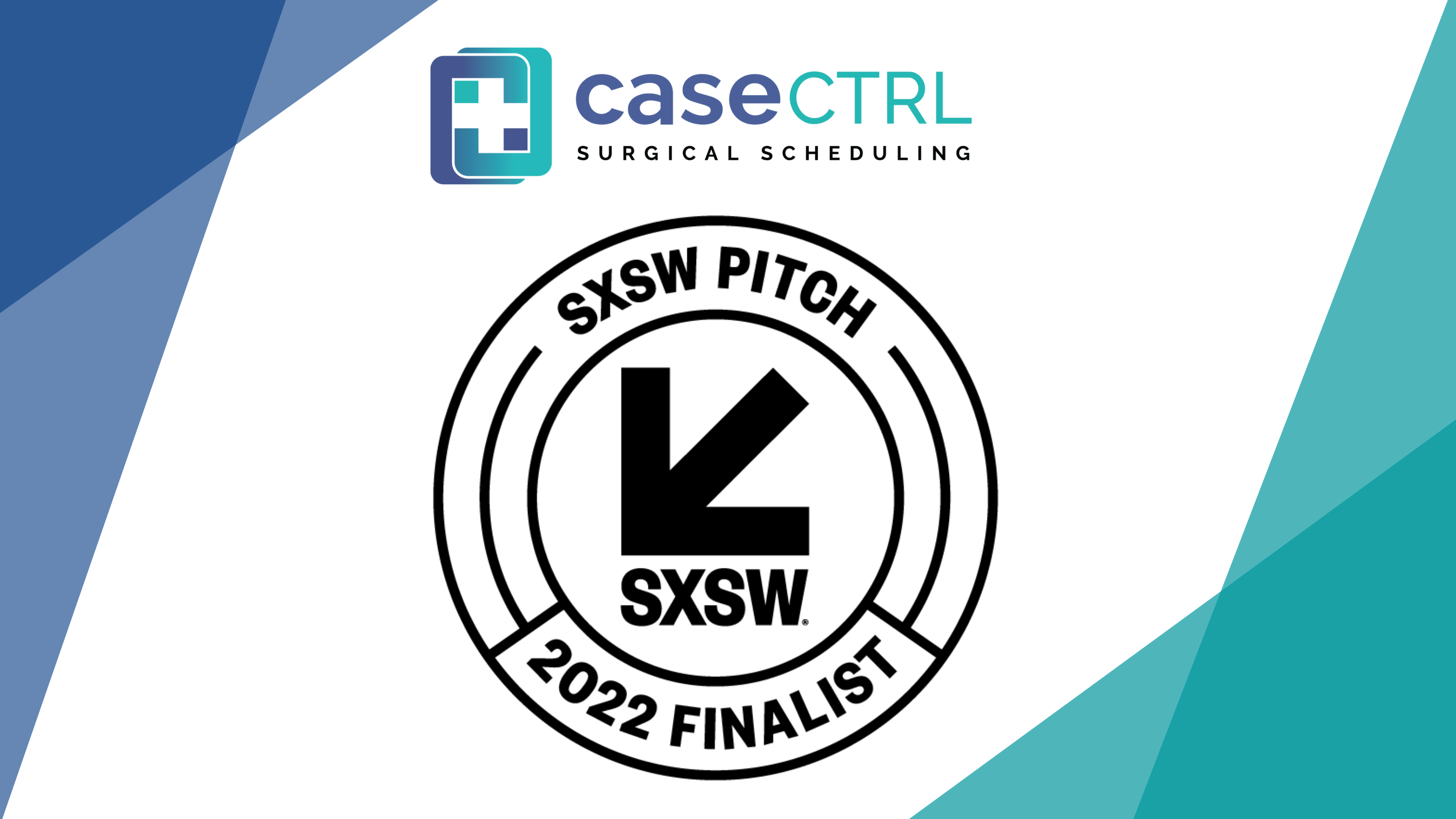When weighing a decision to automate surgery scheduling, healthcare providers need to consider a variety of factors. ROI will depend on costs as well as a mix of hard and soft benefits. Yes, there is the expense of the platform. And certainly, there will be calculations around staff time savings and potential increases in patient throughput. For more insights on the ideal time to use surgical scheduling software, and tips to ensure the best ROI, check out this guide.
But to truly maximize return, administrators at surgical practices and ambulatory surgery centers should consider nuances around the following “dos and don’ts.”
Dos and Don’ts to Maximize ROI of Scheduling Software for Healthcare
While most administrators recognize that paper-based surgical schedule processes can contribute to revenue loss, they may not realize when they should make the transition to automation or how to make this transition in the most cost-effective way. That’s where the following advice becomes most helpful.
Don’t underestimate the risks of fines and reputational damage due to HIPAA exposure.
Investing in surgery scheduling software is another expense, and it can be tempting to simply make do with the status quo just a little bit longer. A common tipping point for knowing when a software purchase needs to happen immanently is examining how your team is currently handling its scheduling information. Many surgical practices track portions of the scheduling process making use of tools such as Google calendars, which are not HIPAA compliant. Every day settling for this status quo leaves the organization open to fines and reputational damage from data exposure. The right HIPAA-compliant scheduling software will protect patient information and communications throughout the delivery of care.
Do examine the ability to maximize OR blocks.
One of the biggest factors in making a business case for surgery scheduling software is the ability to optimize OR time. If you can’t fill the block with cases, your OR will lose money at a rate of, on average, $62 a minute.
A surgical calendar with intelligent OR allocation can bring together institutional, surgeon, patient, and case-specific scheduling requirements to make the entire scheduling sequence easier and more efficient, from the pre-operative process through post-op monitoring. By supplying extensive data on block time use and trends, the right surgery scheduling software can help you identify bottlenecks, correct inefficiencies, and optimize your OR use over time The ideal system will also aid organizations in becoming more profitable by highlighting opportunities to increase surgical throughput and flagging cases at high risk of delay. Communicating available block time effectively to a pool of surgeons is one of the most common obstacles to the efficient use of unallocated block time. For the best return, always look beyond mere calendaring and choose software that can guide business improvement.
Do seek business analytics.
Some surgery scheduling software will aid practice management by giving real-time feedback on pipeline leaks and opportunities for growth. Better understanding the areas where surgical volumes are gaining and losing money is vital to determine the best ways to grow the business and maintain profitability. Although managing the scheduling process is the core value to any software purchase in this product category, one of the biggest mistakes buyers make is undervaluing the importance of also being able to gain insights from data throughout. Are you able to understand what surgical specialties have the most unmet demand? Which of your surgeons or service lines have the greatest number of outstanding/pending surgeries?
Don’t choose options that require you to limit access to the system to save money.
Collaboration with unlimited seat licenses is important to ensure the inclusion of all members of the surgical team, including physician assistants, medical assistants, scribes, and more. Otherwise, the organization won’t realize the full benefits of transparent communication and collaboration. When each member of the scheduling, equipment preparation, and surgical teams can view progress and sources of delay, it saves time that otherwise gets lost to duplicative, inaccurate, or poorly timed communications. Individual licenses also can become expensive and difficult to track over time. (Some software vendors have been known to charge not only to onboard new license users but also to deactivate existing ones!)
Do examine impacts on staff time associated with patient communication options.
Scheduling software for healthcare that can flag and proactively manage reluctant patients can be a significant cost saver. Keep in mind, however, that communication capabilities vary. Automated emails and texts are important. But just as powerful is software capabilities that can communicate preparation and after-care instructions not only by procedure but also customized by patient need and physician preference. Such customizations will make a far greater impact on minimizing the need for staff to play phone tag with patients. Also, a better-prepared patient due to well-timed, personalized communications decreases the likelihood of cancellations and unnecessary delays. Proper patient preparation can have a significant impact not only on quality but also costs of care. By one estimate, for each percentage point of reduced cancellation, a single OR can deliver $100,000+ in savings to a hospital or surgery center.
Don’t give short shrift to ease of workflow.
A few minutes here and a few minutes there quickly add up over time. Workflow optimizations may not seem like the most important capability at first, but surgery scheduling software that makes use of machine learning and artificial intelligence can make processes more efficient and easier to execute over time. High-volume surgery scheduling can become an arduous repetitive administrative burden that erodes staff satisfaction and generates fatigue. Software that auto-populates repeated content or automatically disseminates relevant information to impacted stakeholders saves users' steps and results in ongoing efficiencies that will benefit the organization case after case.
Do ask about “extras.”
Costs of surgery scheduling software can vary wildly, especially when users may be charged for capabilities such as form customizations or integrating insurance or demographic information or offered confusing discounts associated with terms that are challenging to maintain. Always make sure you’re looking at the complete cost that you’ll incur with the day-to-day use of any platform when comparing pricing packages. Simple, easy-to-understand billing makes it easier to forecast the cost of the software and return on investment.
Discover the Right Option for Your Team
Whether your organization is facing an immediate need to transition to HIPAA-compliant scheduling software or is making a dedicated decision to improve efficiency and profitability by introducing automation, ROI of surgery schedule software can vary considerably. To discuss value-driving options and CaseCTRL pricing plans, schedule a demo with a CaseCTRL rep today.







































